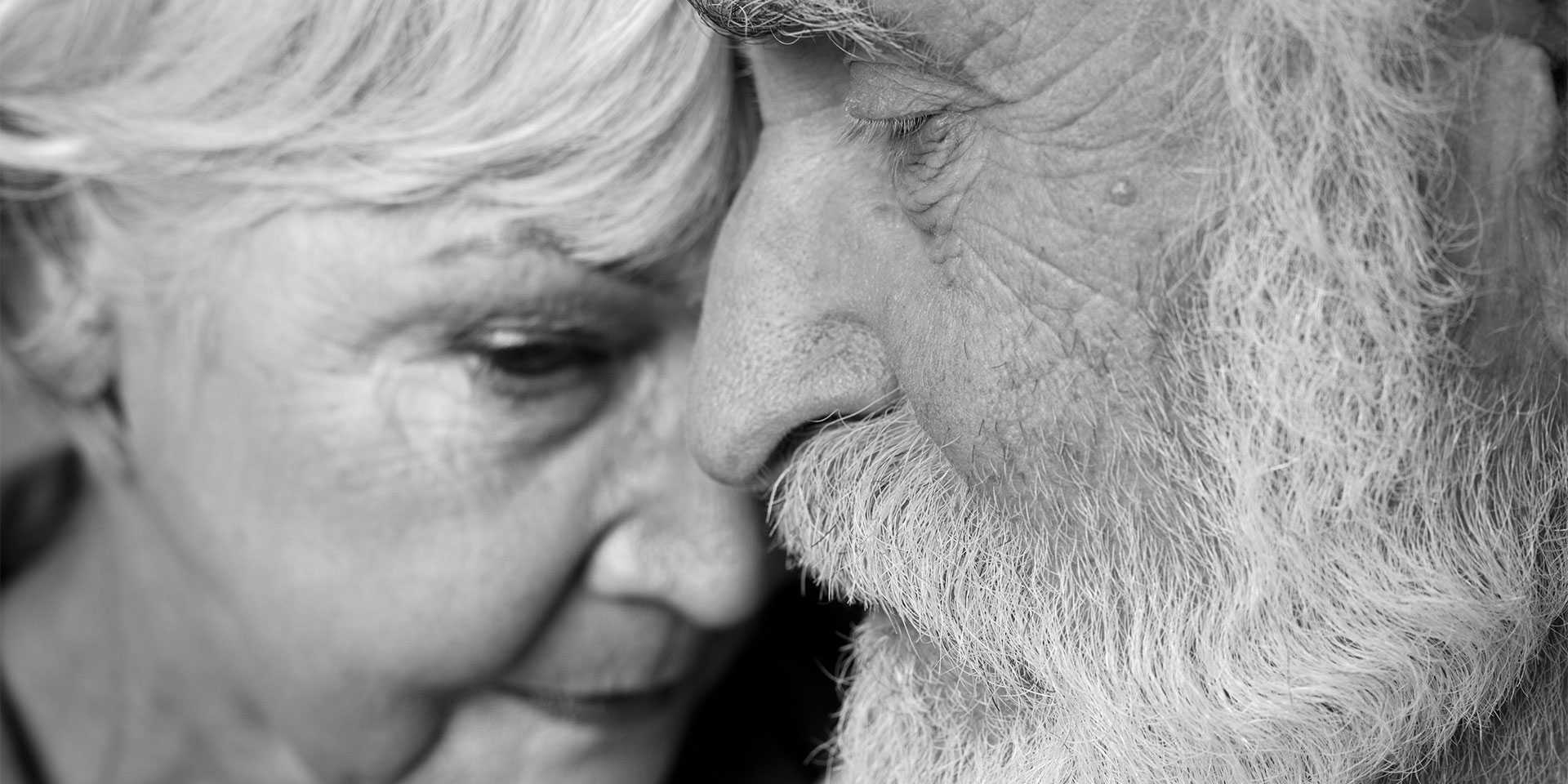I never cease to marvel at those who help, in an organized manner, troubled children, abandoned elderly or victims of violence. However, the general need for such heroic saviours reveals the failure of the social group that is apt to address these situations: the family.
My mother’s example was the first to open my eyes to the physical and emotional needs of the elderly. For as long as I can remember, after taking care of the household and church chores — the two had been built in the same courtyard and thus woven like a braid into her heart — she would prepare food and clothing, as needed, she would pray and then tell me the names of the old women whom she had prepared to visit, feed, wash, counsel. Upon returning, she would tell us what she‘d encountered, overwhelmed by the misfortunes she‘d saw and outraged by the indifference of these women’s families. When I grew a little older, I became her helper. She would prepare the food, put it in jars — which she would wrap in cloths to keep the food warm — and I would take it where it was needed.
Our house was just minutes away from the city hospital. Some of those who were going to be hospitalised knew that they could not rely on hospital food, so on the way there they would stop by our house and would simply let my mother know they went to the hospital. This meant that throughout their hospitalisation, my mother would cook for them and I would deliver the food. The most difficult part was that I had to get pass the doorman, most of the time outside visiting hours. (A certain fear of doormen has not yet left me, not even now).
When do parents really die?
Serving as pastor for almost four decades, I have encountered many difficult situations, I have listened to many heart-breaking stories and I have learnt many things. Sometimes I helped, other times I failed. But the experience that impressed me has happened only recently.
On the outskirts of Bucharest, in a neighbourhood where a group of believers was just beginning to form, I came across something extremely unusual. There was a believer around 95 years old who had been paralysed for the last 15 years. She had completely lost her mobility. Her body had shrunk to the size of a child. She lived in her own home with one of her daughters. But it was Ionel – the ex-husband of another daughter, who had died many years ago – who cared after her. The former son-in-law stayed there and took care of her. Her needs had increased gradually, so that the caretaking managed to engulf the man’s life and become his sole purpose.
Their living conditions were quite unfavourable. The home looked rather like country home. The room in which they were living was small and short, and the door went directly outside. I do not think they even had running water. There was a stove by the door. The old woman was sitting across a very simple bed, next to the stove. The former son-in-law, also a short man, was sleeping on the remaining side of the bed. He was not young either, not anymore.
I do not know if you‘ve ever entered a room where an incontinent person lives. In a short time, a specific smell, very difficult to get rid of, especially in the rather rudimentary hygiene conditions there, takes over.
The devotion and skill with which this man cared for his ex-mother-in-law were unimaginable.
He would always come up with new ways to feed her – with a teaspoon, with a pipette! When she was sick, he would call the ambulance. When he was asked the age of the person for whom he was requesting the intervention, he would be insulted, so later he turned to private services. He did not give up in any way.
One evening I was at the office, at Hope Channel, when Ionel called me very, very worried. Big Mamma, as he called her, was very ill. He could not even use a pipette to give her some milk as her mouth was too clenched. He asked me to come pray for her. After condoling with him, I explained that taking the public transport to reach his place, from my workplace would take a lot of time. I would get there around 10 pm. But the next day I was going to the neighbourhood anyway and I assured him that the first visit would be to their place. He was not at all at peace. Finally, I went there that very night. The next day he called me rejoicing: “It’s good that you came! Big Momma is better!”. His care and the prayers of those he knew, helped him keep her alive until she was almost 100 years old!
Why do some people move us?
I could not even begin to tell you how much this man has impressed me! I have talked about him countless times. I had a feeling that God was preparing me. But what for? I was going to find out the answer a bit later. In my case, there is nothing heroic, nor anything at large scale, unlike the people I admire, and respect. My wife and I now take care of her parents, who are approaching 90 years old. They both had a stroke. My wife’s mother cannot leave her bed and is dependent on us, but her father is a little better. Their living conditions, of course, are quite different from what I have described earlier – from air conditioning and specialised care materials to their fairly good mental condition. We experience a profound and unexpected joy. It is a necessary service to them but a growth opportunity to us.
I discover all kinds things about myself. The way I soap my father-in-law in the morning, in the shower, gives me important clues about my emotional state, on which would not normally reflect. But now it matters. I think differently about my life’s purpose. Why is it worth living when almost all the things you thought were worth enjoying are gone?
A couple of days ago I asked my father-in-law, who cannot speak too much, how he saw God after these years of suffering. “Suffering?!” His voice intonation revealed to me that he did not agree on the word. “I have never thought that God could have something against me. God is never wrong!”
In early Christianity, Paul the apostle made a categorical statement: “Anyone who does not provide for their relatives, and especially for their own household, has denied the faith and is worse than an unbeliever” (1 Timothy 5:8). For centuries, the extended family that means a multigenerational experience, fuelled by each other’s resources, has supported its members through terrible hardships and misfortunes. Last decades’ successive crises – communism, collectivization, forced industrialisation, mass emigration – have torn apart this safety net of society. “Romania is becoming a country of abandoned parents”, writes Romanian journalist Delia Budurcă and calls for its citizens not to ignore their family responsibilities. As we think about this, looking back at the memories and people who have moved us, an impressive question arises in us only then when we have time to properly reflect on our lives: what does God’s kind but firm hand push us towards next?



















